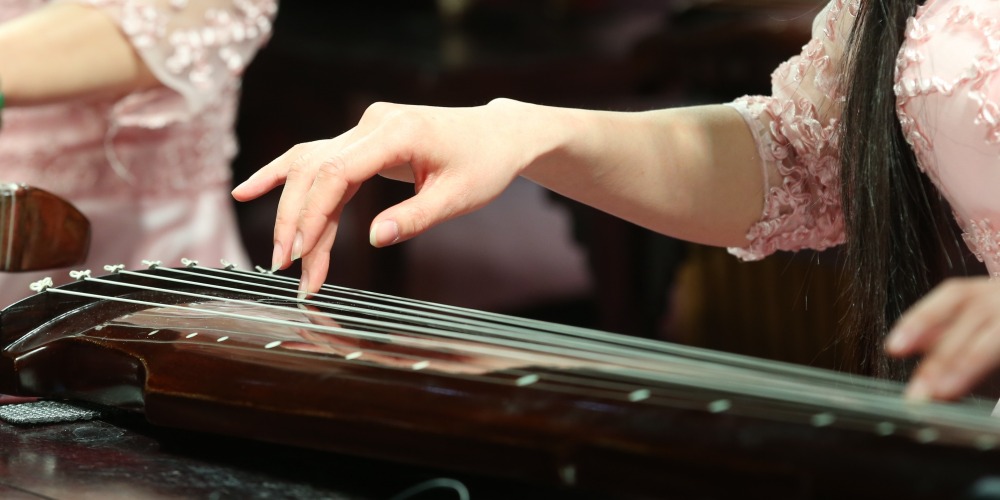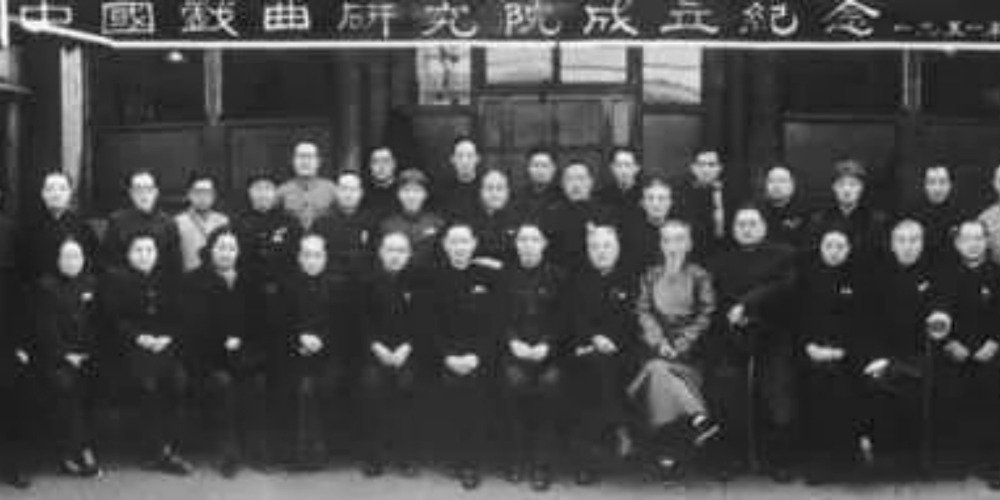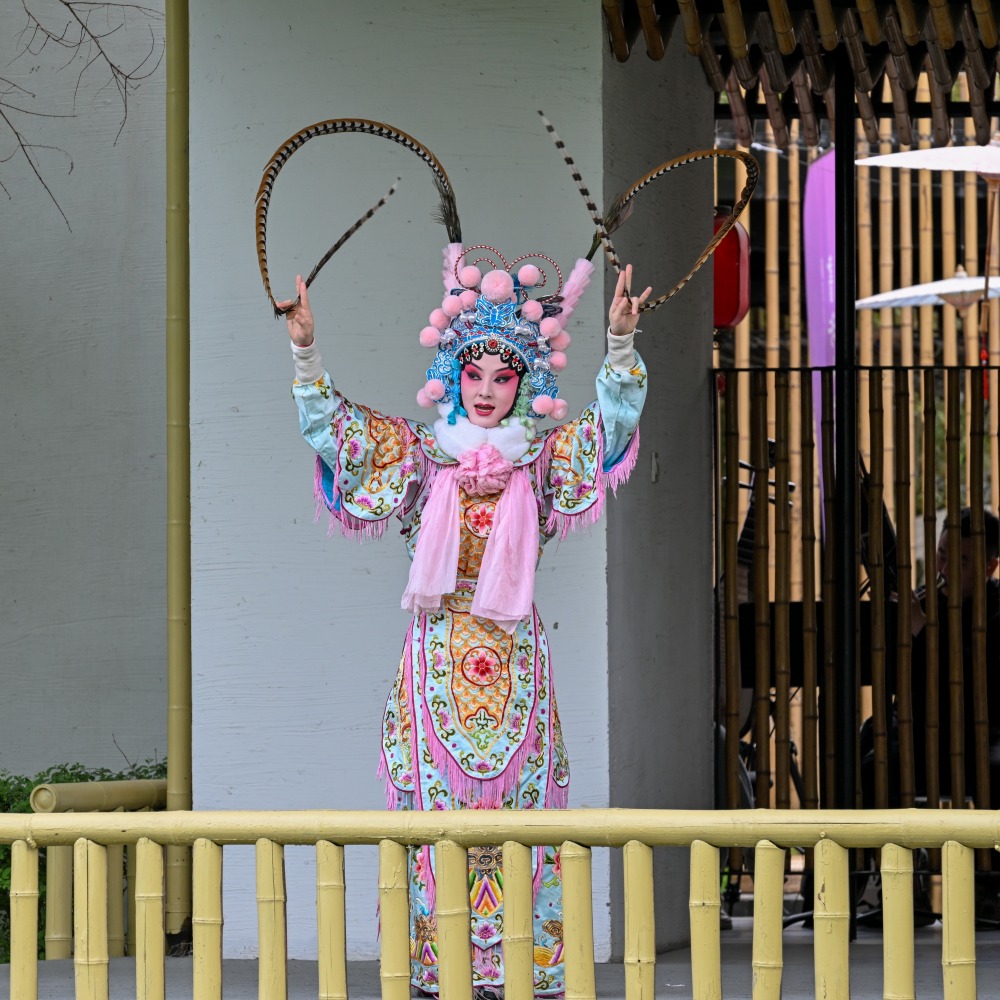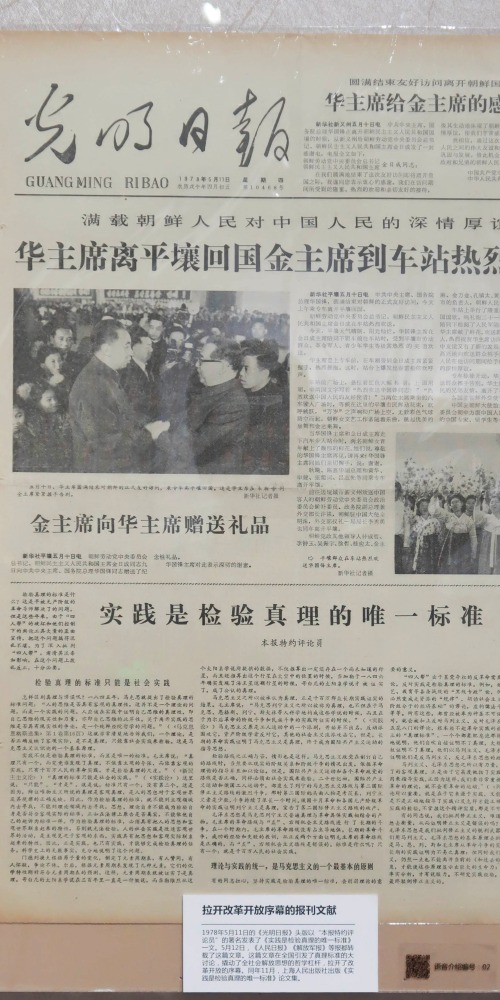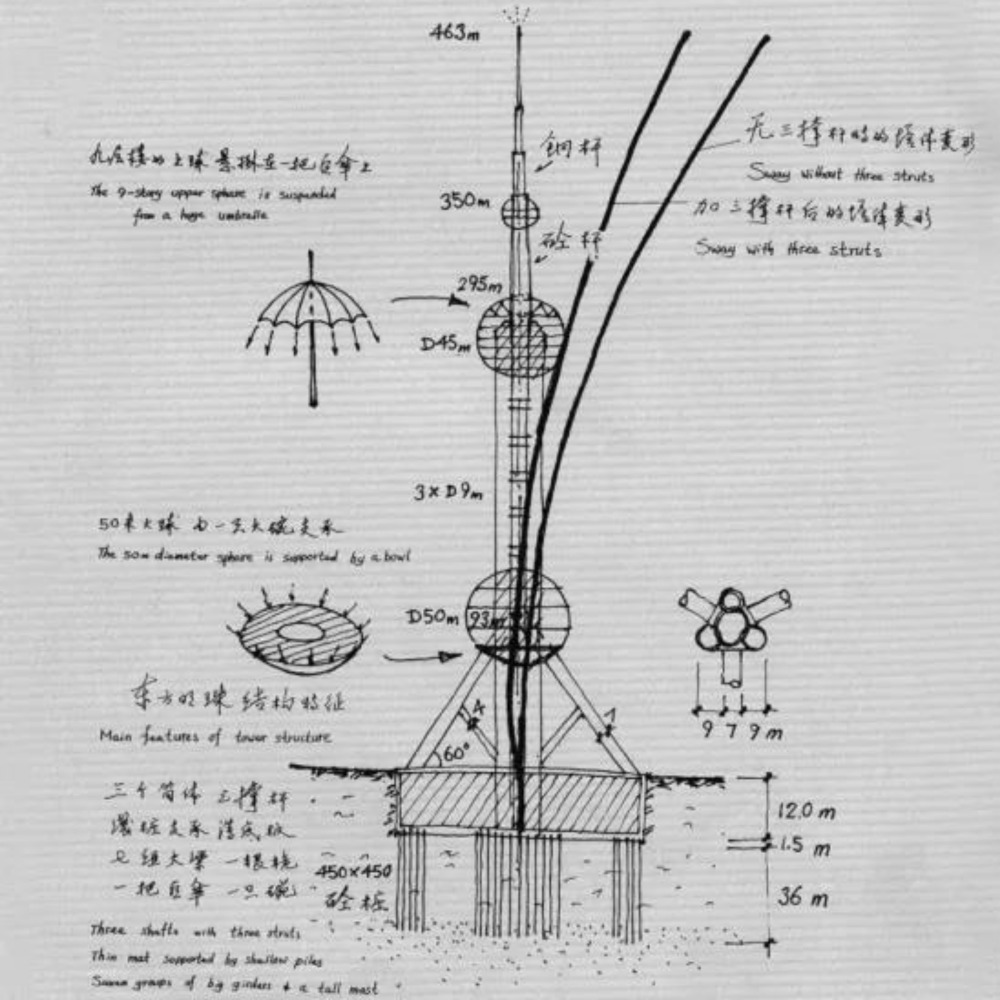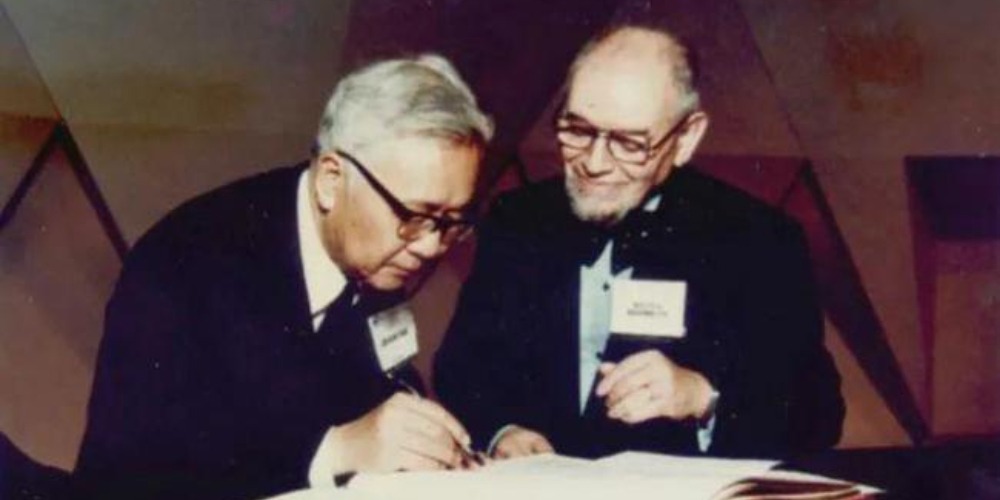Published : 2024-11-07
On November 7, 2003, the art of the Chinese Guqin (古琴) was selected as a "Masterpiece of the Oral and Intangible Heritage of Humanity."
With a long history in China, Guqin is one of the oldest plucked musical instruments in the world, mainly producing sound from strings and a wooden resonator. It has a history of more than 3,000 years.
The art of Guqin has had a broad influence in Chinese music history, aesthetics, social culture, and intellectual history, and it is one of the main representatives of ancient Chinese culture in music.
Guqin was very popular during the Pre-Qin period (pre-221 B.C.), and most of the Guqin commonly seen today are with styles from after the Wei and Jin dynasties. They are generally 110 cm long, with a head width of 17 cm and a tail width of 12 cm.
Guqin also comes in large, medium, and small sizes, with a variety of string counts including five, nine, ten, twelve, and twenty strings. The seven-string Guqin is the most common, so it is often referred to as the "seven-stringed qin" (七弦琴).
The art of Guqin was the second project from China to be selected as a "Masterpiece of the Oral and Intangible Heritage of Humanity," following Kunqu opera (昆曲).
